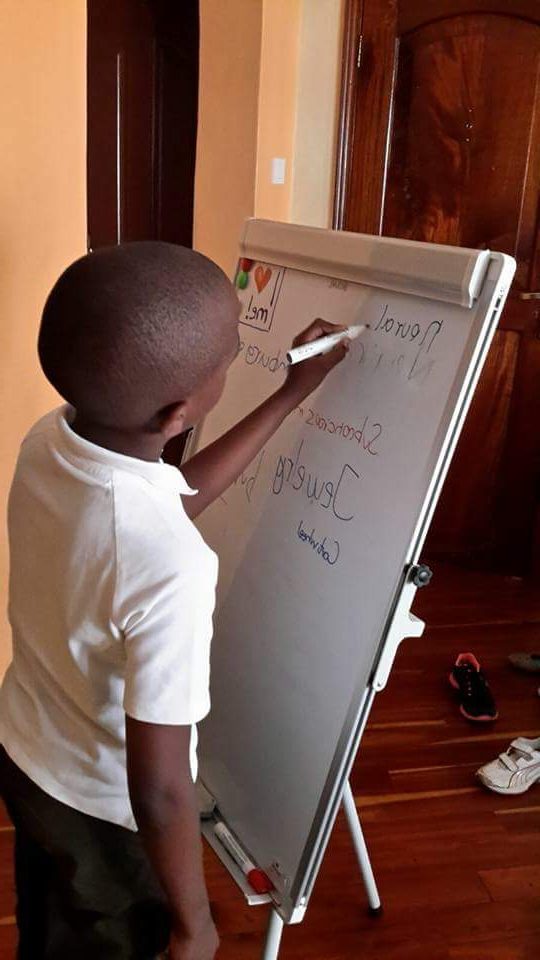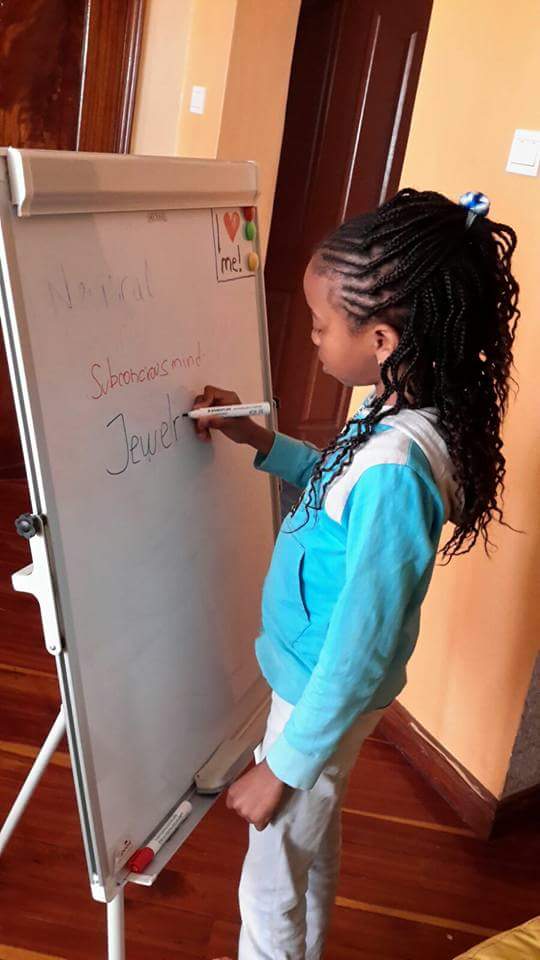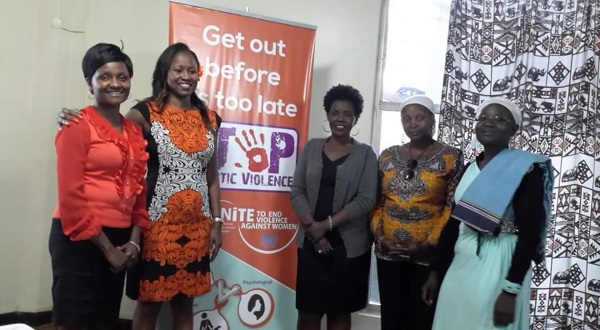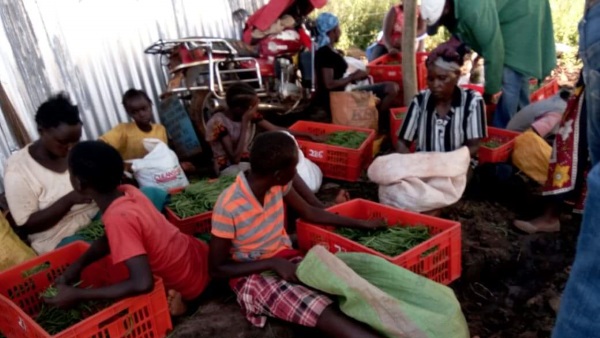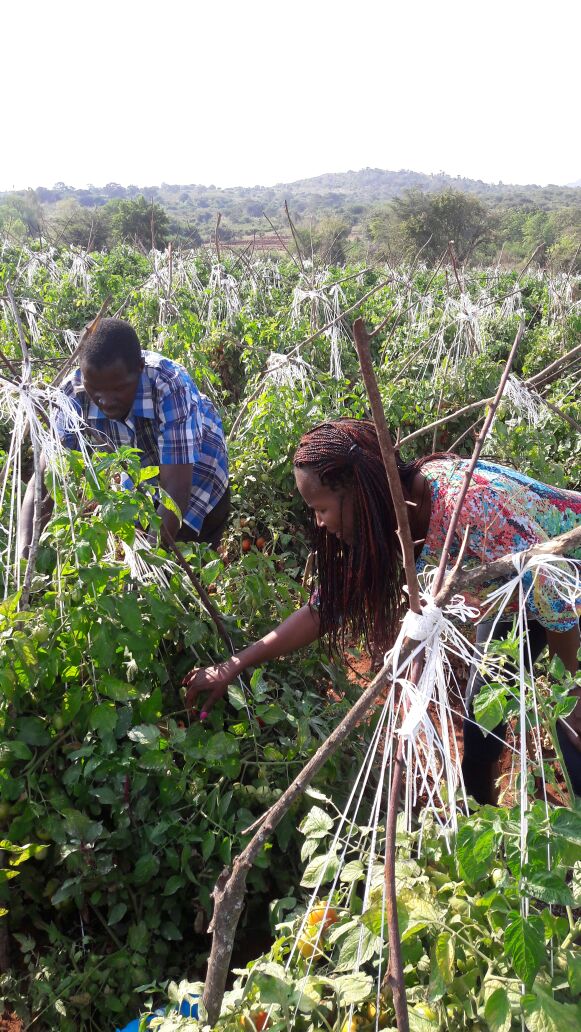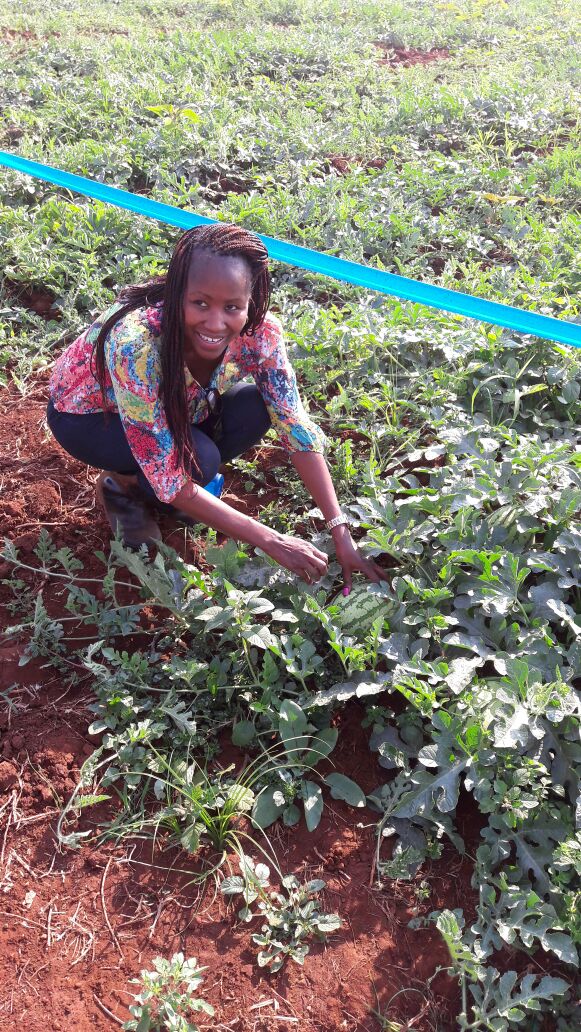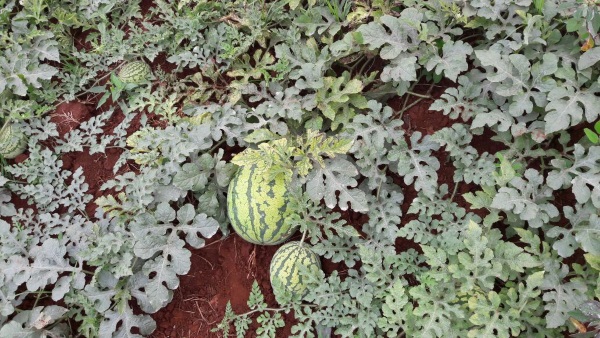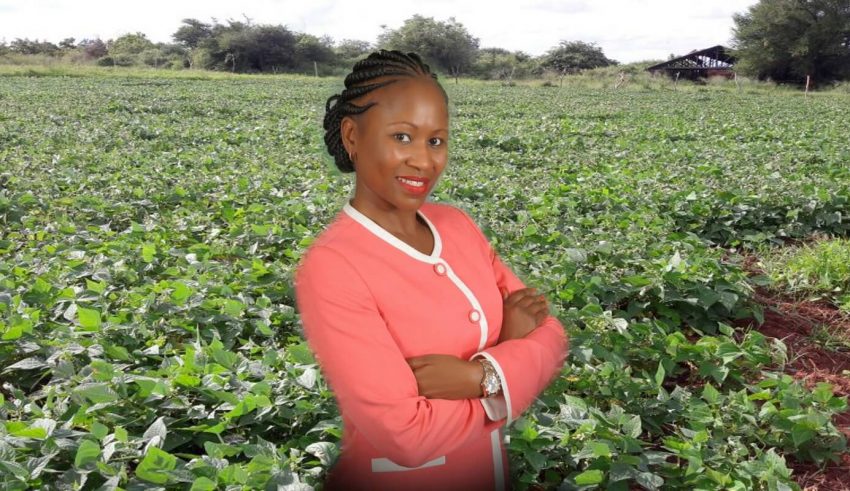
Nancy Dayo is a Human Resources (HR) Practitioner by profession, as well as a certified kids and teens coach – qualifications from the US – operating under the banner Coaching Solutions Africa Limited. Her interest in coaching kids is to empower them with life skills such as self-confidence, self-esteem, decision making, dealing with peer pressure, honesty, integrity, etc; critical aptitudes as kids design their lives. Nancy is convinced that if she had been equipped with these skills, she could have said no to the abuse that she faced and could have found the courage to make the right choices from the onset. Her coaching classes take place during school holidays. Nancy is considering offering her coaching services voluntarily as soon as she settles into farming, as a way to give back to society. She offered to coach at her church but her readymade program was not entirely aligned to the Sunday school program; as the curriculum is not faith based though it can be tied to biblical teachings if there is need. Nancy holds an MBA in HR and Strategic Management from Daystar University. She was employed as Head of HR and Admin at MTN Business until January 2016 when she lost her job due to transformation and got in agribusiness full time.
Why agribusiness after acquiring a wealth of knowledge and experience in HR?
Nancy is the eldest of a family of eight. She was born, bred and schooled in Nairobi. She has two children, a 14-year daughter and 10-year son. Nancy developed a passion for agribusiness in her early twenties even though she wasn’t born on a farm and had never witnessed her parents practicing agriculture. She has a strong passion for this industry because it is one thing she can integrate seamlessly into her work with women who have gone or are going through Gender Based Violence (GBV) as a means to empower them. According to statistics by UN Women, one out of three women globally faces some form of abuse, sexually and physically, mostly by an intimate partner. In 2012, one in two women were killed worldwide by their partners or family. Only one out of 20 men was killed in such circumstances.
A GBV survivor herself, Nancy knows that economic empowerment can help to reduce abuse of women because they could have some level of confidence to walk out of abusive relationships. She got married right from high school without any diploma and she resigned herself to enduring all kinds of abuse to enable her get papers so that she could secure a better job; a decision that almost led her to an early grave in 2011.
Nancy is motivated and driven by the fact that with agriculture, she can impact many women positively through economic empowerment. “I talk to women in different forums about GBV but if I don’t have a solution that would help them get out of the situation they are in, then the talks would be in vain,” she remarks. Most of the women tell her that she got out of it because she had a chance to acquire an education and subsequently good jobs. What happens if the abused women don’t have any education and will never have an opportunity to get any? This is the context that made Nancy feel that she could touch more lives by venturing into agribusiness as farming can be done by the wealthiest as well as the poorest. Her passion to pursue agriculture as a tool to tackle GBV also stemmed from the fact that agriculture is a pillar that is aligned to most of the Sustainable Development Goals such as no poverty, zero hunger, good health and wellbeing, quality education, gender equality and decent work and economic growth, to mention but a few. A sole proprietor, Nancy is seeking to collaborate with partners who are already tackling GBV so that they develop a multi-sectoral approach. Survivors need counselling, economic empowerment, legal representation and more. These partnerships must be created for impact to be felt.
Nancy started as a telephone farmer while still in employment; which means that she would do the monitoring via the phone. This proved detrimental to production because what she was told didn’t always reflect what was happening on the ground. She is now engaged in contract farming. Her company Ujamaa Fresh Produce Growers and Exporters grows commodities such as water melons and tomatoes for local consumption, and pepper chilies that she sells to exporters. The 38-year old entrepreneur has been in business for eight month and she is preparing to become an exporter as soon as the Kenya Plant Health Inspectorate (KEPHIS) completes an audit of her farm. The Horticultural Crop Directorate has already conducted theirs.
What is contract farming?
Contract farming refers to agricultural production carried out according to a prior agreement in which the farmer commits to producing a given product in a specified manner and the buyer commits to purchasing it. The contract may be formal (written) or informal (oral). Written contracts are preferred since the terms and conditions can be revisited in case of a dispute.
Advantages of contract farming to the producer are guaranteed market, better prices and productivity, in addition to readily available technical advice such as weekly agronomist visits. To the contractor the benefits are long-term security of quantity and quality of produce, traceability (use of fertilisers and chemicals is closely monitored to ensure that Maximum Residue Level (MRL) requirements are adhered to), economies of scale and efficiency brought about by the number of contracted out growers.
Some of the challenges of contract farming to the producer are the risk of the contractor monopolising their niche, price difference, corruption of company officials and high prices of inputs. “I had an experience where produce weighed in my farm would be re-measured again at the exporter’s premises then the weight would reduce. I was sold for 2nd generation seeds. The officials sometimes ask for fuel. The farmer pays for agronomist visits yet the fee is deducted from the buying price; a fact that I wasn’t aware of,” shares Nancy. The contractor faces such risks as side-selling and input diversion; contracted producers may cheat on quality standards of the produce and legal complications may arise. To overcome the challenge about second generation seeds, Nancy buys her seeds from certified distributors like Royal seeds, Amiran and East Africa Seeds among others.
Running her own business makes Nancy happy as she is able to spend more time with her children and it makes her think out of the box to get things done. She loves working out regularly to keep motivated through difficult times. A proper work out and a spa visit at Maisha Serena does the trick for her. When the going gets too tough, she talks to family and a few close friends for a personal touch to deal with stress.
Nancy has learned that you have to start small when getting into business and also that engaging professionals from the onset is critical to one’s success. “People should always upskill themselves and engage a lot with people in the industry so that they gain a knowledge, network and build capacity,” she offers. Entrepreneurship has taught Nancy the art of record keeping. She is more cautious when spending money and when making purchase decisions.
Since getting into business Nancy’s lifestyle has changed significantly. She moved her workout time from 5am to slightly later. This enables her to see her children off to school and drop them off from time to time. More than before she now take part in school meetings. “I would swap my Mercedes for a pick up or an insulated fresh produce van anytime,” she declares. “I place more value on things that will enhance my capacity and propel me to my dreams. For instance, if I have to visit women in rural areas to evaluate their economic status and how we can support, a 4WD would be handy; not a german car.”
Looking back, despite the ups and downs she faced, Nancy has no regrets. She has forgiven and made lemonades from the lemons life had to offer. Now she sees difficult situations as opportunities to learn, grow and touch lives.
What to Watch Out For
To aspiring contract farmers, Nancy advises conducting a thorough due diligence about a contracting company before venturing into partnership, avoiding repeat jobs by engaging experts from the word go, averting high costs on an irrigation system by verifying the contractor’s experience, talking to local agripreneurs to have a feel of what it is like to do business in the area. Scanning the place and talking to farmers to find out more on labour which sometimes is quite expensive yet not skilled. Nancy mitigates this challenge by growing crops that are less labour intensive and she is looking to shift base for export production. Nancy also produces food for local consumption. She has 7acres of farm with water melon, one acre with butternuts, two acres with tomatoes which fetch good prices if grown during the right season and an acre and a half with demon chili.
“Thorough research before embarking on a project is a must to avoid complications later. It is key to success,” says Nancy. There are quite a number of players in the sector who are out to defraud farmers. Some agronomists propagate their own seeds and sell them to unsuspecting producers. In such cases the farmer uses the same amount of input on poor seeds that they could have used on quality seeds, which could have tripled their returns.
Some companies give financial support to aspiring agripreneurs as well as to the ones who are already in business. Nancy found that it is difficult to get funding when you are doing primary production unless you have a network of out growers in different regions to mitigate risks brought about by adverse weather conditions, uncontrollable pests and diseases etc. On the other hand funding is available from banks and other micro lenders when one gets into value addition or agro processing. “I had savings and long term loans that I used to start the business, but I found out that it is better to opt for short term financing as you can pay up to 2% interest per month. Most players pay within a month,” she says.
Nancy envisions herself as an exporter in the short term. She is looking for land at a convenient location that she will use for growing produce for export. Convenience is necessary because, to become an exporter one needs easy access to pack houses (cold rooms) and refrigerated cars that are usually available for hire. She is in communication with some companies in the European Union, the Middle East and in Africa to try and secure production contracts for 2017; which will allow her to decide what she will be exporting. When her business reaches a certain level of stability Nancy will look for donors to support the GBV wing.
“There is a gap in the market in terms of transparency in delivery,” she suggests. “We need people with good business ethics and integrity to step up so that we can transform this sector and make it more profitable to the farmers.”

Did you enjoy this story? Post a comment below, on our Facebook page or Twitter #MKAZINancyDayo.
Please note that posts with links to other websites will not be considered.
Contact of follow Ujamaa Fresh Produce Growers and Exporters
Contact of follow Coaching Solutions Africa


